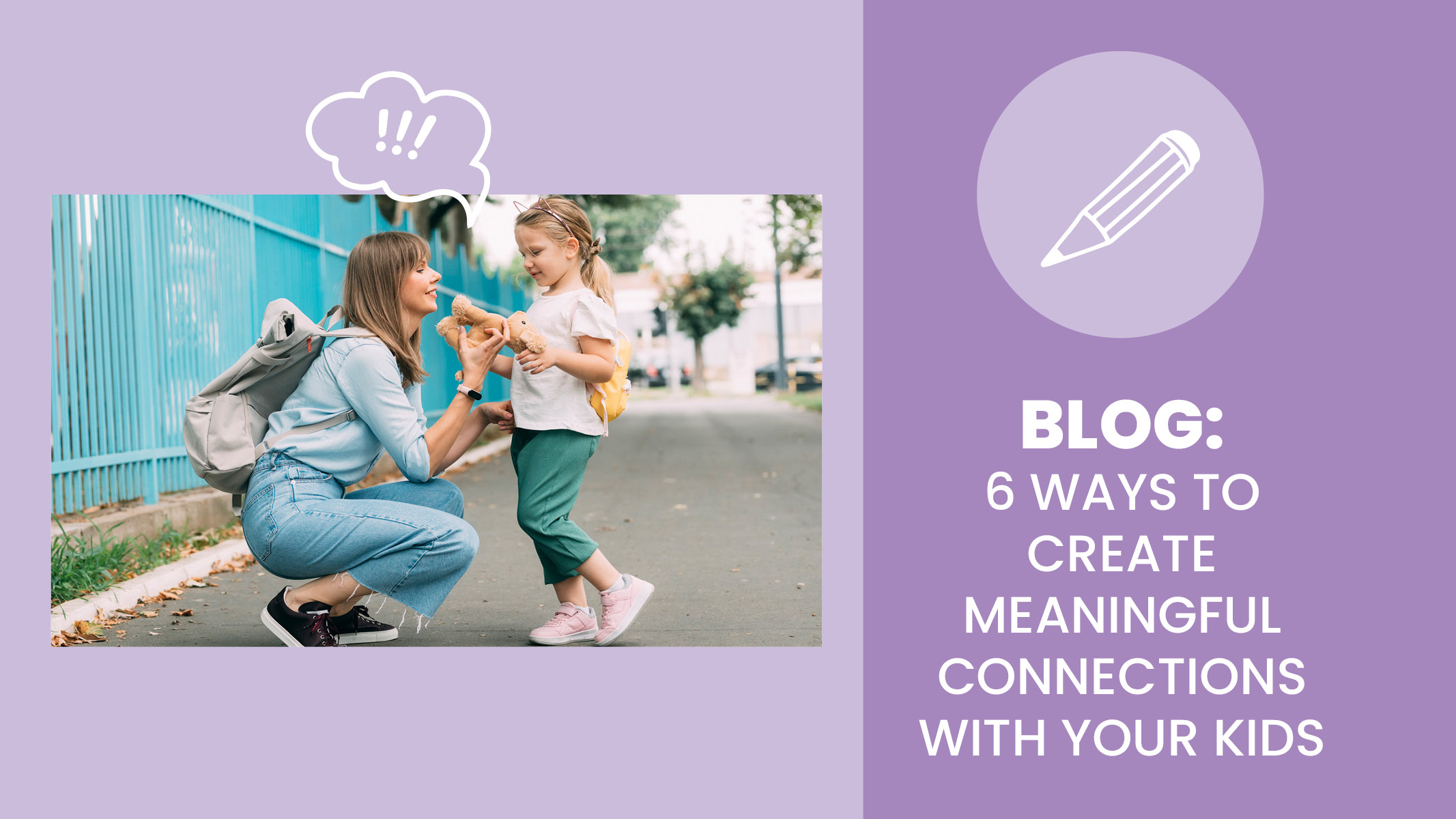At Sanford fit, we use the phrase “relax and recharge” in many different ways, but what does relaxing and recharging actually do for the body? Why does it matter for your child’s overall health and well-being?
The recharge pillar aims to help kids understand that energy influences choices. Fit encourages kids to recharge by finding screen-free ways to relax and by getting the sleep the body needs. Here are some specific recommendations:
- Relax and enjoy quiet activities without using screens.
- Sleep for 9-12 hours per night to restore energy.
- The following are the minimum and maximum hours of sleep for different age groups as recommended by the American Academy of Pediatrics:
- Ages 4-12 months: 12-16 hours (including naps)
- Ages 1-2 years: 11-14 hours (including naps)
- Ages 3-5 years: 10-13 hours (including naps)
- Age 6-12 years: 9-12 hours
- Age 13-18 years: 8-10 hours
- The following are the minimum and maximum hours of sleep for different age groups as recommended by the American Academy of Pediatrics:
What are the benefits of making the time to recharge your body and brain? When recharging happens, your child is restoring energy to their body and brain that they need to get through the day. Think about how you feel when you don’t sleep well or hit that mid-afternoon slump. That’s how your child would feel if they never took the time to recharge without a screen! Any easy activities that don’t involve screens make for great recharge activities! In addition to keeping the body and brain active and ready to go, other benefits of recharging include:
- Better quality of sleep
- Improved learning abilities and energy levels
- Increased memory retention and focus
What are some screen-free activities to help recharge the body and brain? It’s important to remember that recharging doesn’t mean just sleeping. Your child can recharge through many non-sleep activities! Here are a few ideas to get started:
- Reading or putting a puzzle together
- Practicing low-intensity exercise like yoga
- Journaling or coloring
- Practicing deep breathing or grounding exercises
- Making a meal or snack
- Exploring the outdoors
- Playing an instrument
- Practice a mindfulness activity
Ultimately, kids are empowered to make healthy choices when they know how relaxation and sleep can improve their well-being.
Ready for More Relaxation Resources? You Might Also Like:
Top 5 Resources for Relaxation
The Art of Recharging Video
10 Ways to Minimize Screen Time


